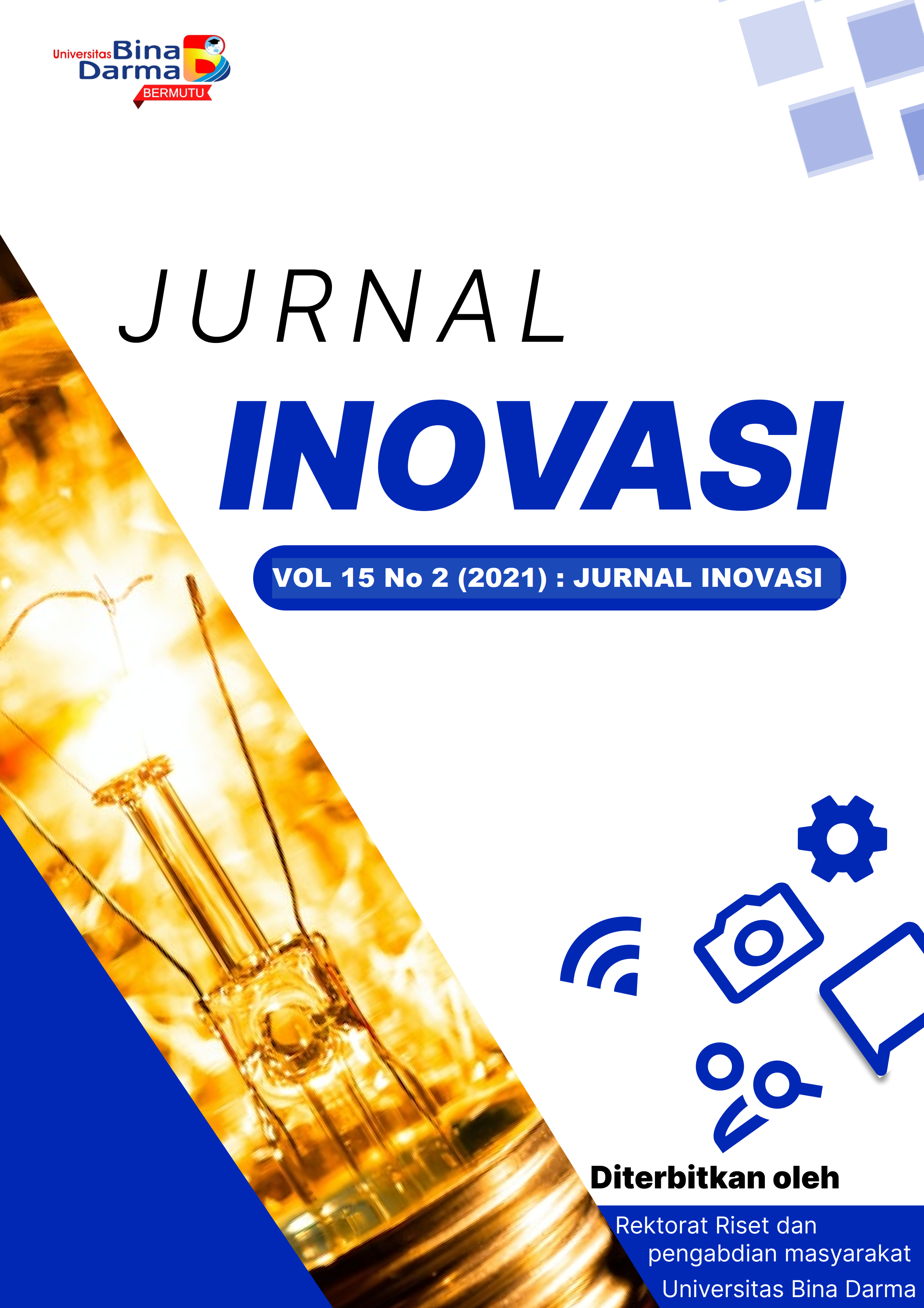BUDAYA KULINER INDIA MARTABAK HAR DALAM GLOKALISASI MASYARAKAT KOTA PALEMBANG
indonesia
DOI:
https://doi.org/10.33557/ji.v15i2.2209Keywords:
Martabak HAR Palembang, Glocalization,, GlobalizationAbstract
The purpose of this study is to examine the glocalization that is carried out by the culinary
business of HAR Palembang's martabak in maintaining its existence. The concept of glocalization
emphasizes the problem of how global processes that are built by local application, interpretation
and adaptation occur in a dynamic and complex interrelation between fatigue. This research method
is a qualitative approach to interview, observation, documentation, literature study. Subjects in this
study consisted of business actors as the main informant and two supporting informants as
consumers using Ronald Robertson's theory of glocalization as a theoretical basis for the research
entitled Glocalization of Martabak HAR Palembang Culinary Business in Maintaining Existence.
With five units of analysis on each object, namely glocalization on the menu, glocalization in place
settings, and glocalization of the consumptive to productive process. The research focuses on the
question "How glocalization occurs in the culinary business of HAR Palembang martabak in
maintaining its existence?". The results showed that glocalization in the culinary business of HAR
martabak is inseparable from economic / business interests, namely how the culinary business
attracts people's interest. And the existence of glocalization carried out by HAR's martabak culinary
business with the existence it has to date, with efforts to glocalize both on the menu, setting the
place, and the consumptive to productive process makes HAR Palembang martabak still exist in the
culinary scene and as a typical culinary of Palembang city
References
Therapeutic Exercise, Fifth Edition.
Philadelpia : F.A. Davis Company.
Misnawati, 2017. Kuliner Sebagai Simbol
Komunikasi. Disertasi Pada Program
Pascasarjana Universitas Padjadjaran
Bandung 2017.
Mulyana, Deddy, 2001. Komunikasi Antar
Budaya : Panduan Berkomunikasi
Dengan Orang-orang Berbeda Budaya.
Bandung: Remaja Rosdakarya.
Moleong, Lexy J. 2007. Metodologi Penelitian
Kualitatif, Remaja Rosdakarya Offset,
Bandung.
Nugroho J. Setiadi. 2003. Perilaku Konsumen
: Konsep Dan Implikasi Untuk Strategi
Dan Penelitian Pemasaran. Pranada
Media. Bandung.
Rahayu. 2004. Observasi Dan Wawancara,
Bayumedia. Malang.
Sugiono, 2011. Metode Penelitian Pendidikan
(Pendekaran Kuantitatif, Kualitatif, dan
R&D), Alfabeta. Bandung.
Suyanto, 2013. Sosiologi Ekonomi: Kajian
Tentang Kapitalisme Dan Konsumsi Di
Era Masyarakat Post-Industrial: Pranada
Media.
Jurnal :
Habibul Haque Khondker. 2004. Glocalization As
Globalization: Evolution Of Sociological
Concept. Bangladesh Journal Of
Sociology, Vol.1. No.2. July,2004.
Internet :
https://palembang.tribunnews.com/2018/11/30/s
ejarah-martabak-har-palembang-asal-
usul-lokasi-membeli-martabak-har-kuah-
karinya-bikin-rindu?page=1
(Diakses Pada 29 Oktober 2019).
https://id.wikipedia.org/wiki/Keberadaan
(Diakses Pada 27 Oktober 2019).
Shaleh, et all. 2004. Pengertian Minat. Diakses
pada tanggal 15 Desember 2013.
http://www.sarjanaku.com/2012/12/pengertian-
minat-menurut-para-ahli.html
Downloads
Published
Issue
Section
License

This work is licensed under a Creative Commons Attribution 4.0 International License.




